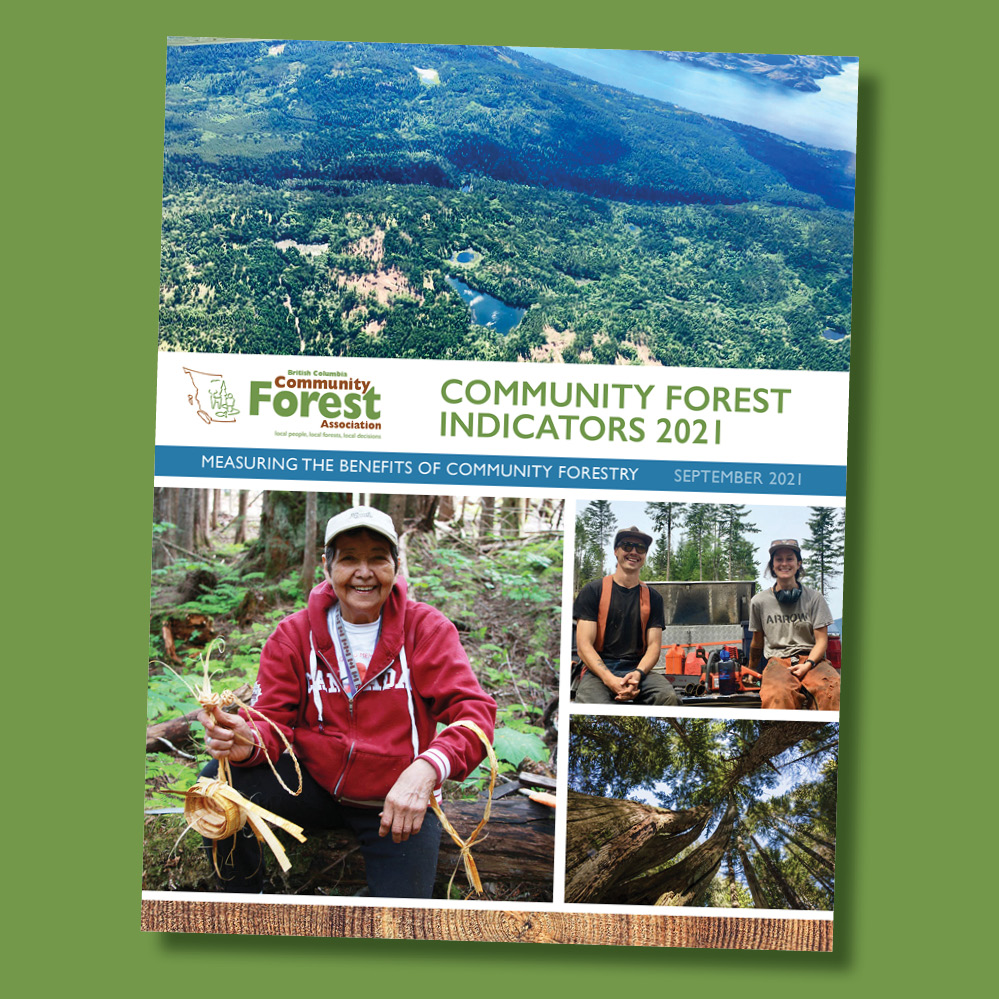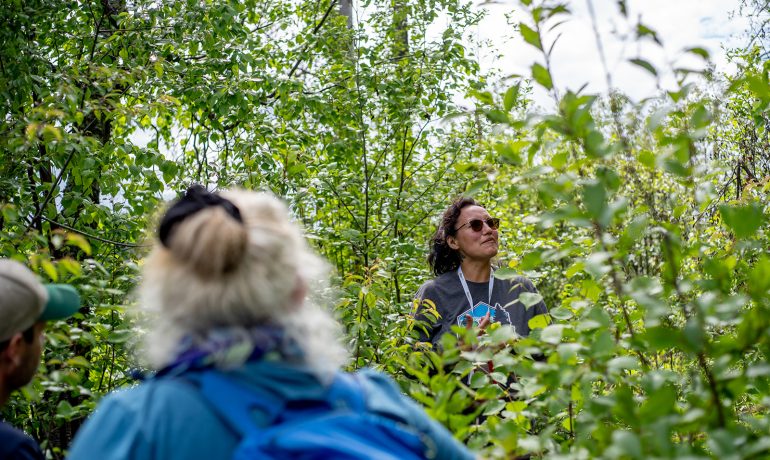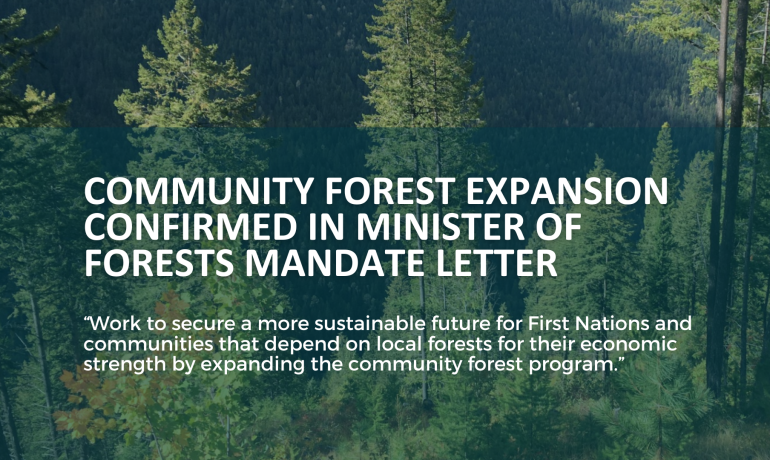-Link to the Press Release-
The 2021 Community Forest Indicators Report is a detailed culmination of input from 30 community forests across BC on 18 indicators that reflect the multi-value management approach of community forests. The combined results from their last full operating year are evidence of the success and promise of community forestry.
“As the province moves from a focus on volume to value and to an increase in the participation of First Nations and communities in the forest sector, community forests provide compelling examples of how this can be done”, said Harley Wright, BCCFA President.
Nearly half or 47% of the community forests in BC are held by a First Nation or are a partnership of an Indigenous and non-Indigenous community. With just 3% of the provincial annual harvest, community forests have a big impact in the nearly 100 rural and Indigenous communities in which they operate. Community forests can be a tool for the province and others to work towards reconciliation, and can give rural people an opportunity for more input into control of the forests that surround their communities.
“We and our contractors make a concerted effort to hire community members to undertake various aspects of our forest management program. Our intent is to provide the community with opportunities.” said Dave Gill, Manager of the Westbank Community Forest and Ntityix Resources, both wholly owned by the Westbank First Nation.
The report shows that community forests are demonstrating a commitment to sustainable and sound forest management. They are investing in a range of objectives including enhanced forest stewardship and the conservation of ecologically and culturally significant areas and values. The data gathered also demonstrates that many community forests are leaders in the proactive management of wildfire hazard and reintegration of prescribed fire. Their commitment to silvicultural investments and innovation go beyond their legal obligations, while they also are investing in local recreation opportunities and forest education. Indeed, they are managing for a full range of values.
“Community forests are remarkably resilient and are adapting to ever-evolving circumstances of climate change, wildfire, markets and the COVID-19 pandemic. They have continuously proven their innovative spirit, which is ultimately driven by the perseverance of the local communities and their connections to the landscapes in which they live.” said Jennifer Gunter, BCCFA Executive Director.
2021 BCCFA Community Forest Indicators Report
Related Post
As Published in Canadian Forest Industries Magazine, Pulp & Paper Magazine and Canadian Biomass Magazine
Jennifer Gunter’s Op Ed, “Community Forests: Rooted in Community,
Minister of Forests Mandated to Expand BC’s Community Forest Program
In the recently released mandate letter to the Minister



